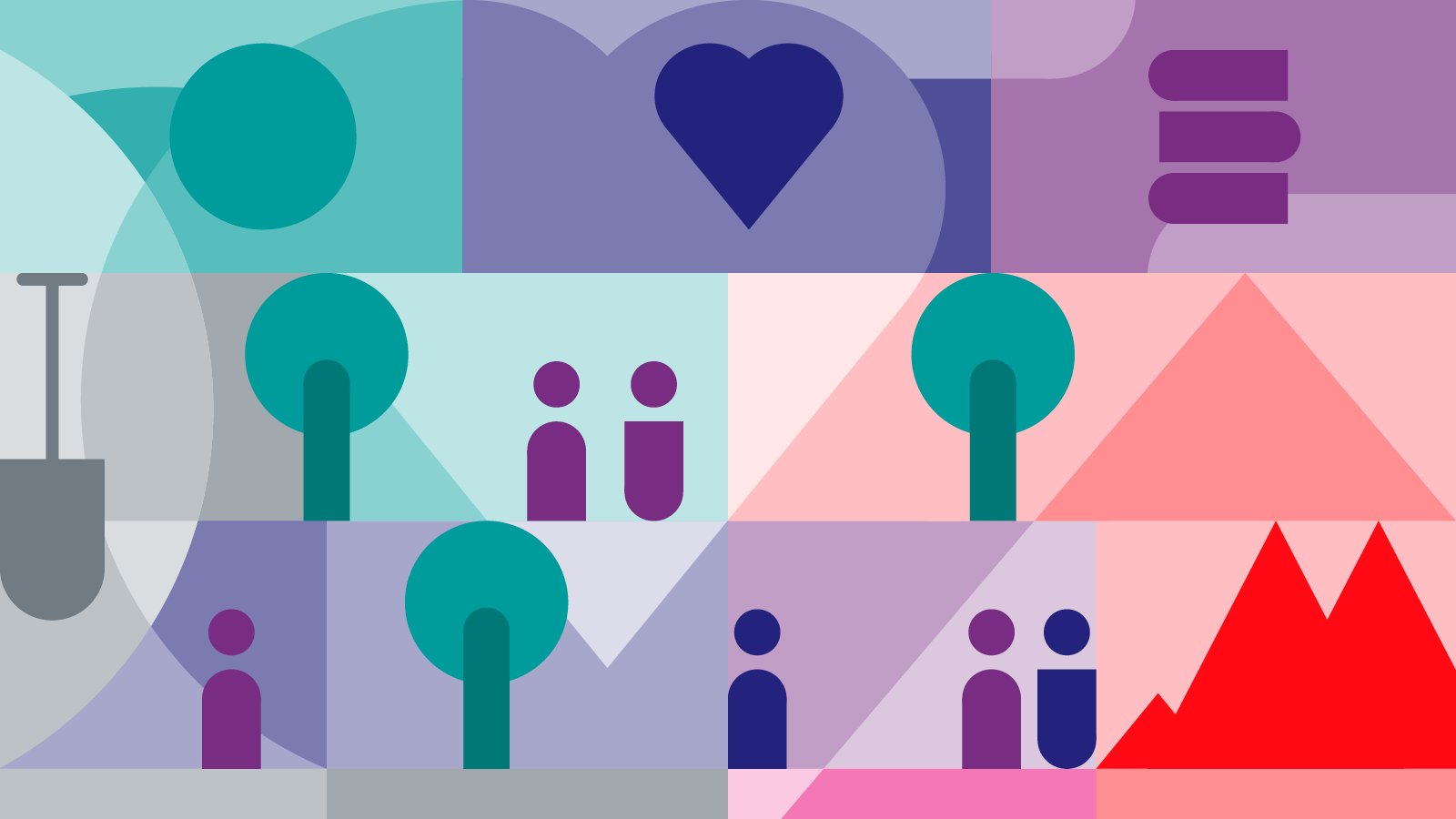Annual report of the Robert Bosch Stiftung 2023
The Robert Bosch Stiftung looks back on its funding activities in 2023. Read on to find out which topics were in the spotlight.
In 2023, the foundation spent around 97 million euros on its charitable work in the three areas of health, education, and global issues. In addition to supporting its own institutions, such as the Bosch Health Campus, the Robert Bosch College UWC, and the International Alumni Center, the foundation develops its own projects and enters into partnerships worldwide.
In 2023, it was active in 28 countries and launched nearly 280 new funding initiatives. Today, some 170 colleagues work in our Stuttgart and Berlin locations.
Since its establishment in 1964, the Robert Bosch Stiftung has spent around 2.3 billion euros on its charitable work. The Foundation holds around 94 percent of the shares in Robert Bosch GmbH and is financed by dividends. As a charitable Foundation, it does not have any entrepreneurial activities. It has transferred the voting rights of the shares to Robert Bosch Industrietreuhand KG.
“Last year, we gave a lot of thought to diversity in our organization and developed a diversity strategy. We want to take a stand against all forms of discrimination and disadvantage and acknowledge that we also see diversity within our own ranks as a great asset.”
Our diversity strategy has been the guiding principle of our work since 2023 - and relates not only to staff selection and collaboration within our institution, but also to cooperation with project partners and service providers.
Our engagement for Ukraine
Since its founding 60 years ago, the Robert Bosch Stiftung has been committed to supporting peaceful coexistence in the world. Immediately after the Russian war of aggression began in February 2022, the Foundation provided emergency aid in Ukraine and neighboring countries. Last year, its engagement for Ukraine focused on projects such as the Vidnova scholarship program, which supports Ukrainian refugees working in exile for their homeland. Another example is the Restart Initiative. Its aim is to develop a reconstruction plan for Ukrainian municipalities that also considers aspects such as climate protection.
Pioneers in health care
In the healthcare funding area, the Foundation is committed to a sustainable healthcare system that focuses on empowering people and their health literacy. Its Bosch Health Campus fosters cutting-edge medicine and excellent research, helps train the next generation of healthcare professionals and tests new ideas in healthcare provision. For example, the so-called PORT centers, which the Bosch Health Campus supports at eleven locations across Germany, offers patients comprehensive and excellent primary and long-term care – tailored to local needs.
Scouting for good schools
In the education funding area, the Foundation works to support an education system geared towards the well-being of children and young people, offers equal opportunities and at the same time enables individual excellence. Its German School Award highlights examples of good schools, communicates their teaching concepts to a wider audience and motivates other schools to follow their lead. In 2023, German President Frank-Walter Steinmeier presented the prestigious award to a middle school in Bavaria.
Stronger commitment in the Middle East
In the Global Issues funding area, the Foundation is dedicated to tackling big global challenges. For example, in supporting the "School of Peace," a space for education and exchange between Tel Aviv-Jaffa and Jerusalem, the Foundation promotes dialogue between people of Jewish and Muslim faiths. Following the Hamas attack on Israel on October 7, the Robert Bosch Stiftung decided to expand its support in the region in the future in order to work even harder for understanding and peace in this critical situation.
For greater cohesion in society
In Germany, one of the Foundation's key topics is democracy and how to rekindle people’s enthusiasm and engagement for it. As part of the "Hello Bundestag" project, 350 people selected in a random drawing met members of parliament from various parties and discussed proposals for a better relationship between the population and politics.
Corporate Carbon Footprint
The Robert Bosch Stiftung has set itself the goal of becoming a net-zero organisation by 2050. To this end, it has been calculating a Corporate Carbon Footprint (CCF) according to the GHG Protocol for its business operations since 2019. You can find out more about the measures being taken on the sustainability page of the Robert Bosch Stiftung.
Annual report 2023
To the PDFDownload the annual report of the Robert Bosch Stiftung 2023.

